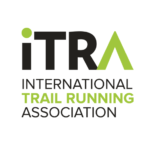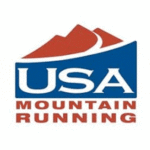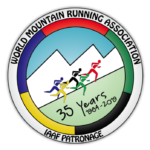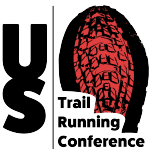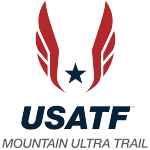
Written by Andrew Simmons for the fall 2020 edition of our Trail Times newsletter. Andrew is the Head Coach for Lifelong Endurance.
Working with a coach might seem like a privilege reserved for professional trail runners whose paychecks depend on their next performance, and an “over the top” purchase for runners that fall in the middle or back of the pack. Yet, recreational runners arguably obtain a greater benefit from the attention, knowledge, and guidance of a coach.
For the recreational trail runner, coaches offer a set of training principles, guidance, and insight they may not get from being in a larger running group or static “on the fridge” plan.
There are four key questions you should seek to answer as you consider a coach. Each of the questions pertain directly to fitness. When you’ve determined that you need a coach, the search isn’t over – you need to make sure that you and your coach are a good fit in terms of personality, training methodology, communication, and follow up.
But, let’s not get ahead of ourselves. Here are four questions to ask yourself to determine if you need a trail running coach.
Are you plateauing in your fitness?
If you find yourself training harder than ever, and notice that what initially got you results may not be getting you the desired fitness benefit any longer, it might be time to seek guidance in a coach. Athletes looking to take their training to the next level is the bread and butter of most coaches. Most coaches have a system, or series of principles they follow that help athletes improve and improve consistently. If you find yourself stuck at the same speed, or in a rut, you might benefit from getting a coach.
Are you struggling to stay injury free?
Running is no fun if you can never get to the race happy and healthy. Injuries take the fun out of training and create apprehension and stress as you return to running. Having a coach guide your training as you return from an injury is often the turning point for many recreational and professional athletes. A good coach will guide your return to training, build you back slowly, integrate strength training, and help insure you do not sabotage your training. If you’re injury prone, or just can’t seem to find a path back to your best self, consider a coach with a strength and conditioning background to help get you off the ground smoothly.
Are you reaching for a big goal?
Whether it’s your first ultra, a long thru hike, or you’re entering un-chartered territory in your athletic journey, a coach is a great guide for your big day. If you’re tackling the Hardrock 100 Mile, Boston Marathon, or attempting a sub-24 hour 100 Miler, having someone to build out a training program is key. You might only get one chance at a race like Hardrock so why leave it to chance?
When you’re reaching for a big goal it’s important that you train smart, stay injury free, and have the mental tools in place. Find a coach that’s got experience coaching the distance and one who can offer you a coaching experience that will be as memorable as your finish line!
Are you unsure of how to plan a sustainable schedule?
If you find yourself constantly changing your workout days, loading up miles in a single day, running workouts on back-to-back days, or missing days because of your schedule, you should have hired a coach yesterday. Coaches aren’t just great at planning workouts, they’re great at striking a balance between your running schedule and your life schedule. You should find a coach that has experience coaching busy athletes. Asking questions about how they can help modify, or work around your schedule, and understanding how to best communicate last minute changes, is key to finding a great coach.
If you’re looking to remove frustration and hand-off questions like, “What should I do for a workout today? How much rest do I really need for optimal recovery? Will I benefit more from a tempo run, or an interval session?” A coach is a perfect investment.
At the end of the day, hiring a coach won’t automatically make you faster. This is especially true in the first 6-8 weeks as you start to adapt to a new schedule, a new stimulus, and build up your mileage and intensity. Hiring a coach to pinch-hit for a race and expect a miracle is a tough position for any coach. To realize the best results, hire a coach for at least 3-6 months to take you through one to two training cycles in preparation for your goal race or races.
Once you have a coach, you’ll have no need to stress about planning your workouts, you’ll just need to execute them. And, you’ll have support every step of the way!
Do you like our Trail Times articles? You can support the creation of this content by making a tax-deducible donation to the American Trail Running Association via PayPal by clicking the “Donate” button below. ATRA is a 501(c)(3) non-profit organization.



